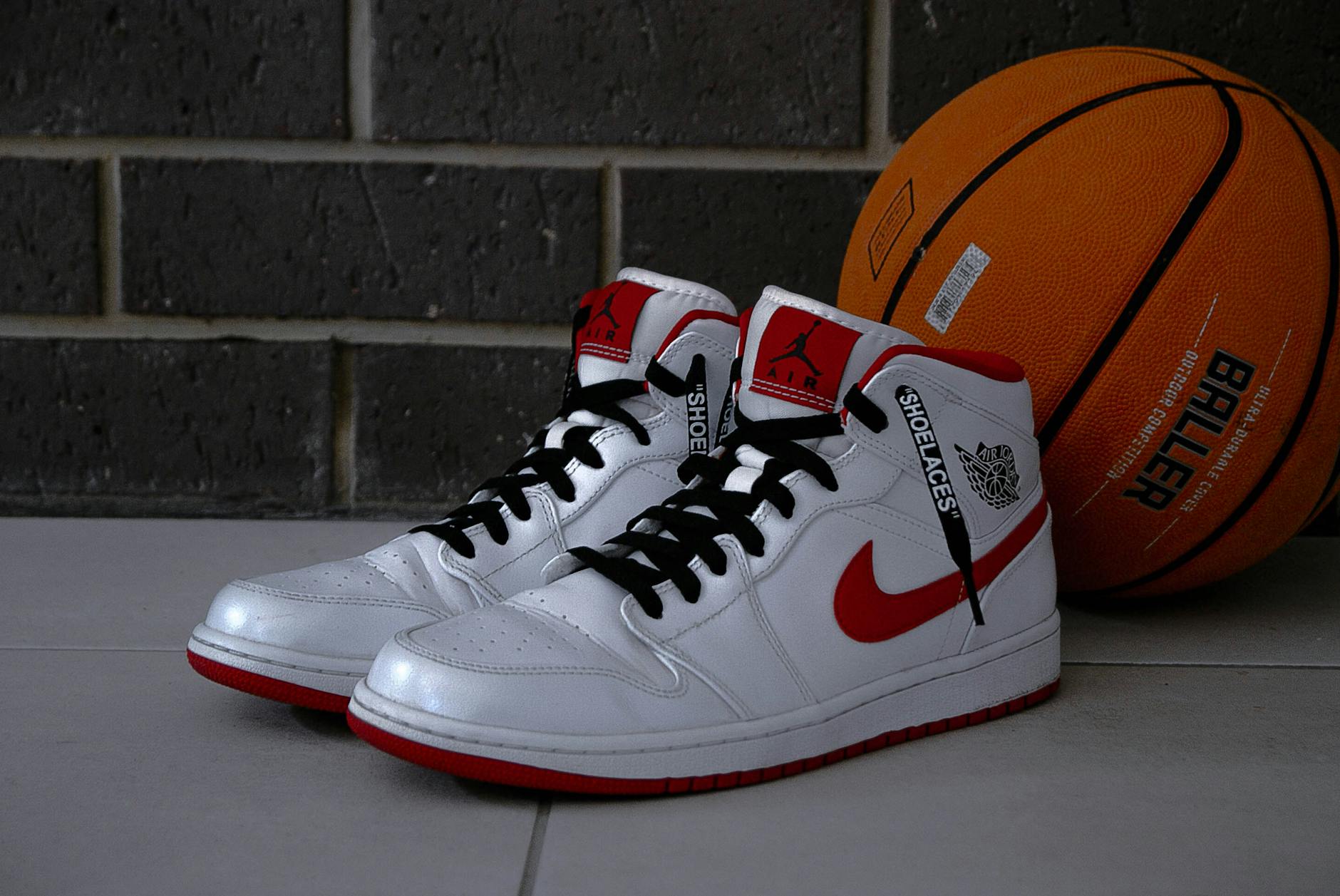Brand Strategy Business Name Suggestion [2024 Update]
![Brand Strategy Business Name Suggestion [2024 Update]](https://blog.boon.so/wp-content/uploads/2024/11/pexels-photo-2385477-1024x685.jpeg)
Contents
Brand Strategy Brand Name Suggestions: 2024 Update
In today's competitive market, having a strong brand strategy is essential for success. It acts as a roadmap that guides how you present your business to the world. A catchy brand name can significantly impact consumer perception and decision-making. For small business owners, choosing the right name isn't just about being creative—it's about laying a solid foundation for marketing efforts and overall business success.
Understanding Brand Strategy
A well-defined brand strategy encompasses various components that help define not only what your brand is but also how it wants to be perceived.
What is Brand Strategy?
At its core, a brand strategy outlines your goals and the means to achieve them. It goes beyond just a logo or a tagline, incorporating elements such as mission, vision, and values. Effective brand strategy aligns your business objectives with customer expectations, enhancing growth over time.
Components of Brand Strategy
Key components of a brand strategy include:
- Brand Positioning: Identifying how your brand is viewed in the market.
- Brand Values: Core principles that guide your business practices.
- Target Audience: Understanding who your ideal customers are enables you to tailor your messages effectively.
These components play a role in establishing a cohesive identity that leaves an impression on consumers.
Importance of a Catchy Brand Name
The significance of a carefully crafted brand name cannot be overstated. It creates the first impression and can set the tone for the consumer experience.
Memorability and Recognition
An eye-catching brand name helps to ensure customer recall, making it easier for consumers to find and recommend your business. People often remember brands that resonate with them immediately. Think about brands like "Apple" or "Nike"; their names evoke powerful imagery and associations that draw customers in.
Impact on Marketing and Brand Identity
Your brand name aids in crafting effective marketing strategies. A strong name supports visual identity elements (think logos and slogans), enhancing brand recognition. It lets you establish a consistent narrative, helping to reinforce your overall brand identity.
Brand Naming Trends for 2024
Staying on top of naming trends is a smart move in business. Here are a few fresh ideas for brand names in 2024.
Personalization in Brand Names
Personalization is currently driving brand names. Consumers prefer brands that feel tailored to their needs. Using familiar terms or customizing names leads to greater emotional connections.
Simplicity and Clarity
As more brands compete for attention, simple and clear names are rising to the forefront. Think “Zoom” as a clean, straightforward name that aligns tightly with its purpose.
Cultural Relevance
Names that resonate culturally strengthen connections with audiences. Brands should ensure names reflect their core ethos while being culturally significant, maintaining authenticity and relatability.
Types of Brand Names and Examples
With countless options, here are some effective brand naming types.
Descriptive Names
Descriptive names provide insight into what your business offers. Examples include:
- QuickBooks
- PayPal
- Food Network
- The Home Depot
- Fitness First
Invented Names
Invented names are unique and creative. Their originality can make them memorable. Some examples include:
- Kodak
- Xerox
- Häagen-Dazs
- Starbucks
- Hätsielly
Compound Names
Compound names combine two meaningful words. These are evocative and capture dual concepts, making explicit what the brand stands for. Some notable examples are:
- Airbnb
- SoundCloud
- YouTube
- Skype
Acronyms and Initialisms
These names condense concepts into abbreviations. Acronyms work to simplify marketing and are often catchy. Examples include:
- FIFA
- NASA
- BMW
- DIY
- KFC
Evocative Names
Evocative names evoke emotional responses that align with customers' values. Examples include:
- Amazon
- Twilight
- Halo
- Oasis
- Serenity
Choosing the Right Brand Name
Selecting a brand name isn’t just about finding something catchy; it involves strategic thinking.
Key Considerations in Name Selection
When choosing a brand name, consider these factors:
- Uniqueness: Stand out from the crowd.
- Domain Availability: Check if a matching domain name is available.
- Legal Considerations: Ensure that your chosen name doesn’t infringe on trademarks.
Testing Brand Name Ideas
Don't skip testing your name with your target audience. Create an A/B test or use focus groups to evaluate reactions. This testing phase can aid in confirming if the name resonates positively.
Conclusion
A strong brand strategy isn’t just important—it can be pivotal for any small business owner. Your brand name serves as a foundational block that can drive marketing efforts and impact overall success. By understanding the components of brand strategy, recognizing the importance of your brand name, staying updated on current naming trends, and actively testing options, you can create a compelling identity that captures interest and keeps your audience engaged.
Invest in your brand today, and watch your business flourishes.
 Photo by JD Danny
Photo by JD Danny
For more insights on brand strategy, feel free to explore these resources:

As our Chief SEO & Branding Strategist, Robert Ellison is a digital marketing visionary with over 25 years of experience transforming brands through smart, data-driven SEO and impactful storytelling. Known for his expertise in aligning technical SEO with authentic brand narratives, he leads our team in creating strategies that boost search rankings while building strong, sustainable brand identities. A trusted advisor and frequent industry speaker, Robert combines deep technical knowledge with creative insight, helping our clients not only reach the top of search results but also genuinely connect with their audiences.

![Grape Cultivation Business Name Suggestion [2024 Update]](https://blog.boon.so/wp-content/uploads/2024/11/pexels-photo-8471283-710x533.jpeg)
![Acoustic Products Business Name Suggestion [2024 Update]](https://blog.boon.so/wp-content/uploads/2024/11/pexels-photo-7573176-2-710x474.jpeg)
![Browser-Based Game Business Name Suggestion [2024 Update]](https://blog.boon.so/wp-content/uploads/2024/11/pexels-photo-267367-710x472.jpeg)
![Tourism Wheelchair Rental Business Name Suggestion [2024 Update]](https://blog.boon.so/wp-content/uploads/2024/11/pexels-photo-8415860-710x473.jpeg)
![Transmission Line Business Name Suggestion [2024 Update]](https://blog.boon.so/wp-content/uploads/2024/11/pexels-photo-16927364-1-710x710.jpeg)
![Brunch Style Business Name Suggestion [2024 Update]](https://blog.boon.so/wp-content/uploads/2024/11/pexels-photo-4442141-710x473.jpeg)
![Social Clubs Business Name Suggestion [2024 Update]](https://blog.boon.so/wp-content/uploads/2024/11/pexels-photo-978462-94-710x710.jpeg)
![Healthcare Fraud and Abuse Business Name Suggestion [2024 Update]](https://blog.boon.so/wp-content/uploads/2024/11/pexels-photo-6475113-2-710x710.jpeg)